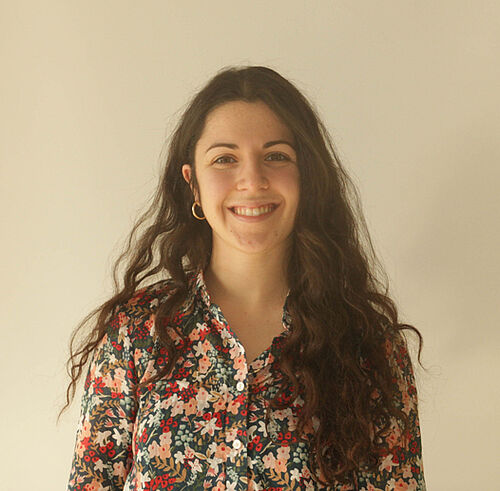What study programs and professions are right for you?
- Planning your academic journey
Catherine Ouellet

1. Know yourself
You’ve probably heard that before, but you are your own best friend, so start the conversation. Here are some ways to get to know yourself better than anyone else possibly could:
-
Write down (or type on your cell phone) everything you love. Don’t censor yourself. Think about all your hobbies and interests, even desires you might not admit to yourself. Be sure to jot down non-academic ideas because every passion could spark a study project that’s just right for you.
-
List the things you like to do during the week and the type of content you consume on social media.
-
Detail the themes you’re most comfortable with. What are your favourite things to discuss? What topics pique your curiosity? Forget your biases and preconceived ideas: write without overthinking!
-
Specify your skills, strengths and areas for improvement. No humility or false modesty.
-
Trust yourself. Trust what you like and who you truly are.
-
Be open and flexible throughout the exercise.
2. Remember, you're just like everyone else!
Everyone doubts themself from time to time, even your seemingly unshakably confident classmate. Self-doubt may dog you throughout your academic career – and even your professional career – but that’s normal. When it sneaks up on you, ask yourself questions to confirm your choices and the answers will be self-evident.
3. Forget the formula that your study program = your profession
The formula "one study program, one profession" is a myth. Keep in mind that a bachelor's degree opens doors to a wide range of careers and educational opportunities at the graduate level you might not ever have imagined. Just think of those who completed a bachelor's degree in psychology, then pursued a master's degree in criminology, or those who earned a bachelor's degree in nursing then became a health care consultant. Then there are those who attained a bachelor's degree in occupational therapy and went on to study pharmacy or took a bachelor's degree in anthropology then went on to pursue public health. The list of examples is long!
Besides, your future profession may not even exist yet. Who knows... your studies could pave the way to creating it
4. Life is not lived in a straight line
It can be comforting to follow a popular path: pre-university studies, bachelor's degree, master's degree, graduation at 25 and then the job market. But there's more to it than that. What used to be an atypical career path has now become more fashionable — and typical — than ever. Trying two or three different programs is not a failure. On the contrary, it builds a unique curriculum that consolidates your versatility and leads to exciting career prospects. Read about this student who switched from law to history to psychology to find her true calling.
5. Know (and understand!) the different types of programs
This is one of the most basic steps in the orientation process, but it’s so important! Are you torn between minors, majors, microprograms, bachelor's degrees and undergraduate doctorates? To avoid losing your French and, above all, to make an enlightened choice, learn to distinguish between the different types of programs and discern what sets them apart.
Resources
Still scratching your head? Here are a few tools to help you get started:
-
Choisir le bon programme d’études : 5 trucs utiles (Choosing the right study program: Five helpful tips)
-
Find your path career quiz to explore your areas of interest
-
Affiniti to find the ideal study program for you
-
Service d’orientation scolaire et professionnelle de l’UdeM (UdeM Academic and professional orientation service)
Amoureuse des communications et des rencontres humaines, Catherine est une bonne vivante qui aime savourer chaque instant! Savourer, le terme est sciemment choisi : elle est passionnée de nourriture végétale, locale et expérimentale! Son baccalauréat en communication et sa maîtrise en gestion et développement durable l’ont aussi menée à parler de la cause environnementale de manière décomplexée. Et que dire de son amour de Montréal! Elle adore dénicher des petits bijoux d’endroits peu connus de la métropole en arpentant ses quartiers à pied.
